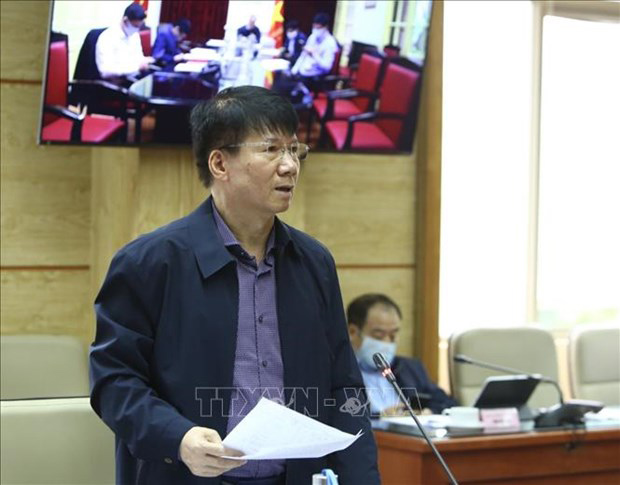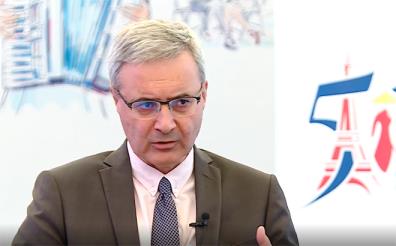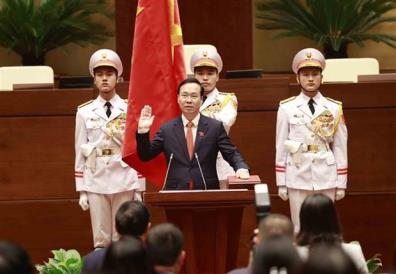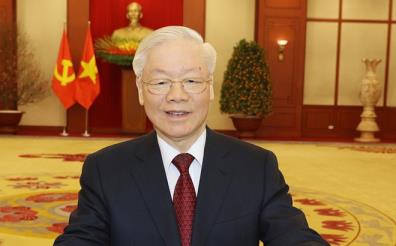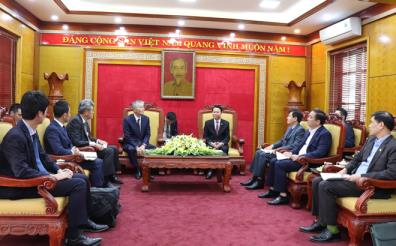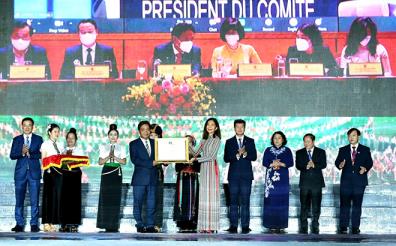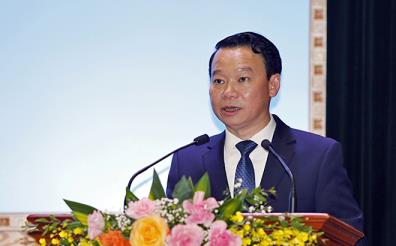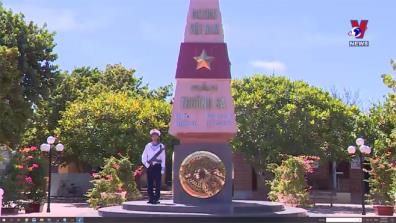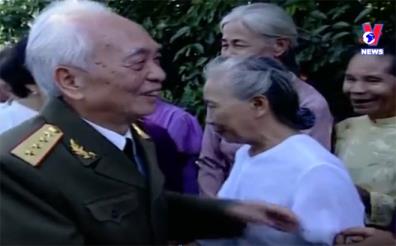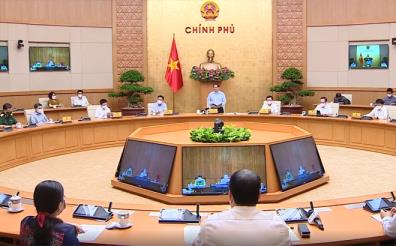Vietnam shared its experience in COVID-19 prevention and control at the G20 health ministers’ meeting via video conference on late April 19.
The session was attended by Director-General of the World Health Organisation (WHO) Tedros Adhanom Ghebreyesus and health ministers from the G20 countries, along with officials from international and regional organisations like the World Bank, the Organisation for Economic Cooperation and Development (OECD), the United Nations Foundation, and the Global Alliance for Vaccines and Immunisation (GAVI).
At the meeting, which followed the G20 leaders’ video summit in March that discussed global responses to health emergencies, the officials shared their countries’ experiences and proposed urgent measures to fight the pandemic.
In his remarks, Deputy Minister of Health Truong Quoc Cuong said Vietnam, which is ASEAN Chair in 2020, had successfully organised the Special ASEAN and ASEAN+3 Summits on COVID-19.
At those events, participating leaders reaffirmed their determination and commitments to remaining united, and to act jointly and decisively to control the spread of the COVID-19 pandemic to mitigate its adverse impacts on people's livelihoods, societies and economies in the region, he noted, adding it is of crucial importance that the ASEAN+3 (China, Japan, Republic of Korea), ASEAN-US, and ASEAN-EU mechanisms and other international communities highlighted the urgency of the pandemic and committed to a collective response.
Talking about Vietnam and ASEAN's expertise, Cuong noted the country had set up a national steering committee for COVID-19 prevention and control during the early stages of the outbreak with strong commitment from the whole political system, the Government and the public.
He said the Vietnamese Government has appealed for national unity against COVID-19 with the motto of "fighting the pandemic like fighting the enemy".
Besides, Vietnam has been applying a strategy of "prevention – early detection – quarantine and treatment”, and engaging local authorities to direct and mobilise all resources on site. It has implemented early measures to prevent transmission from abroad while identifying and controlling effectively transmissions within the country.
Measures have been taken to control and limit the spread of the disease, such as early quarantine for suspected cases, mass testing for everyone coming from affected areas and epicentres, and social distancing. Vietnam has actively collaborated with partners in different spheres to improve testing, research, investigation and treatment protocols for the most effective outcomes despite limited resources, the official said.
He added a health app was introduced for citizens to update their daily health statuses and provide information about suspected cases in their areas. The app is also helping the nation’s health sector to identify individuals in need of medical assistance in the fastest and most effective manner, serving as an official channel to disseminate information bout the pandemic as well as health recommendations for the public.
Cuong went on to say that from economic and social perspectives, the Vietnamese Government has issued incentives to mitigate the impacts of COVID-19, including tax breaks and permissions for late payment of taxes,while simultaneously offering policies to support businesses, investors, small traders, and the public.
The country has adopted a dual approach of containing and controlling the outbreak while sustaining socio-economic stability. Immediate actions have been taken to help people facing hardships, particularly the vulnerable, poor and workers, making sure that no one is left behind, he said.
The deputy minister said as the current Chair of ASEAN and a non-permanent member of the UN Security Council, Vietnam has also made efforts to raise a coherent response to the pandemic, including timely sharing of information on COVID -19 detection and treatment, standardised measures for health inspections at borders and entry points, and consular assistance to ASEAN nationals.
Additionally, a cross-sectoral ASEAN working group involving senior officials of health, foreign affairs, defense, immigration, and transport has been established to develop a regional holistic response to the pandemic and its widespread disruption. Practical measures in the agreement aim to ensure information exchange and policy coordination among the member states, such as strengthening ASEAN’s response capacity to public health emergencies, setting up regional medical stockpiles, and developing an ASEAN pandemic support fund, Cuong noted.
VNA
